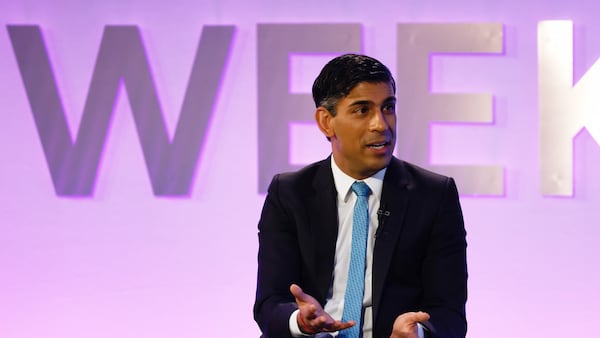- DeFi leaders say it's impossible to comply with tax reporting rules proposed by the US Treasury.
- The proposed rules have attracted tens of thousands of angry comments.
A version of this story appeared in our The Guidance newsletter. Sign up here.
GM, Joanna here.
DeFi advocates are furious about new rules proposed by the US Treasury and tax authority. If approved, these rules would compel crypto exchanges and DeFi protocols to report customer information to the Internal Revenue Service.
There’s nothing like taxation to rile up Americans, and the proposals have attracted a staggering 39,600 comments — many from enraged anons.
I’ll be listening in today to a hearing on the US Treasury and tax authority’s proposed rules.
Why does the IRS need digital asset tax reporting?
The IRS says Americans owe taxes on sales or exchanges of crypto, but blockchain pseudonymity allows investors to dodge taxes on realised gains.
In the absence of comprehensive reporting rules, the tax man has relied since 2016 on so-called John Doe summonses. These are orders sent to crypto exchanges demanding customer information.
Coinbase, Kraken, and Poloniex have all received them.
If the tax proposal becomes law, it would compel such exchanges to file reports to the IRS like brokers of stocks and bonds do.But it’s not just the centralised finance world that would be affected.
The reporting rules would also apply to DeFi projects that connect buyers and sellers of crypto and non-fungible tokens.
What the proposals do
- Clarify the definition of “broker” to include so-called “digital asset middlemen.”
- That broad definition of “broker” would sweep in crypto trading platforms, hosted wallets, and payment processors.
- These brokers would be required to report proceeds from crypto transactions to the IRS, along with information including customers’ names, physical addresses, and wallet addresses.
Why is the industry concerned?
DeFi advocates say the whole point of DeFi is that there is no entity acting as a broker for investors in the traditional sense — no central operator that knows the personal information of the individuals trading on its platform.”
The proposed regulations’ definition of ‘digital asset middleman’ is vague to the point of being unintelligible,” Miller Whitehouse Levine and Amanda Tuminelli — CEO and chief legal officer of advocacy group the DeFi Education Fund respectively — wrote in a letter to the IRS.
‘The proposed regulations’ definition of ‘digital asset middleman’ is vague to the point of being unintelligible.’
The proposed regulation “could treat every participant in the blockchain technology stack as a broker,” they added.The industry at large is also angry at being given only 60 days to consider the “sweeping” proposals.
The mooted rules were published at the end of August and the deadline for comment was the end of October.
They run to hundreds of pages and ask for feedback on some 50 complex questions.
The DEF, the Blockchain Association, and venture capitalist firm Andreessen Horowitz are among those who have pleaded for more time to parse the document.







